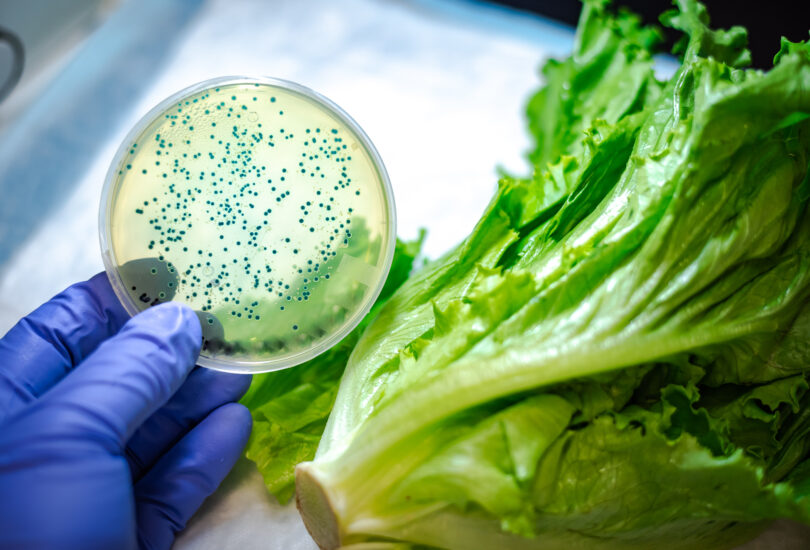2022-08-10 カリフォルニア大学バークレー校(UCB)
マウスを用いた今回の研究では、この回避ネットワークを操作することで、ニコチン依存症を治療できる可能性が示唆されています。
報酬経路のニコチン受容体が、高用量のニコチンによって脱感作されることも発見し、これがおそらく高用量の負の体験の一因になっているのでしょう。
<関連情報>
- https://news.berkeley.edu/2022/08/10/secret-behind-nic-sickness-could-help-break-tobacco-addiction/
- https://www.cell.com/neuron/fulltext/S0896-6273(22)00608-0
ドーパミン神経細胞への抑制性脳幹入力がニコチン嫌悪をコード化する An inhibitory brainstem input to dopamine neurons encodes nicotine aversion
Christine Liu ,Amanda J. Tose ,Jeroen P.H. Verharen,Yichen Zhu,Lilly W. Tang,Johannes W. de Jong,Jessica X. Du,Kevin T. Beier.Stephan Lammel
Neuron Published:August 02, 2022
DOI:https://doi.org/10.1016/j.neuron.2022.07.003

Highlights
•Aversive nicotine promotes different DA release patterns in separate NAc subregions
•Modeling of α4β2 and α7 nAChRs captures nicotine’s dose-dependent effects
•Aversive nicotine reduces DA release in the lateral NAc through α7 receptors
•LDT GABA cells mediate the effects of aversive nicotine on DA release and behavior
Summary
Nicotine stimulates the dopamine (DA) system, which is essential for its rewarding effect. Nicotine is also aversive at high doses; yet, our knowledge about nicotine’s dose-dependent effects on DA circuits remains limited. Here, we demonstrate that high doses of nicotine, which induce aversion-related behavior in mice, cause biphasic inhibitory and excitatory responses in VTA DA neurons that can be dissociated by distinct projections to lateral and medial nucleus accumben subregions, respectively. Guided by computational modeling, we performed a pharmacological investigation to establish that inhibitory effects of aversive nicotine involve desensitization of α4β2 and activation of α7 nicotinic acetylcholine receptors. We identify α7-dependent activation of upstream GABA neurons in the laterodorsal tegmentum (LDT) as a key regulator of heterogeneous DA release following aversive nicotine. Finally, inhibition of LDT GABA terminals in VTA prevents nicotine aversion. Together, our findings provide a mechanistic circuit-level understanding of nicotine’s dose-dependent effects on reward and aversion.

